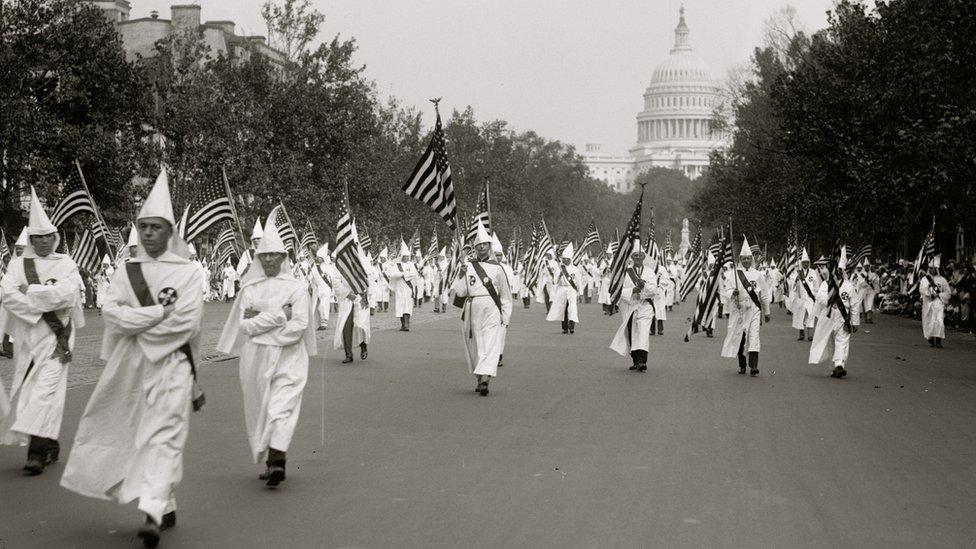New Orleans mayor to apologise for 1891 lynching of Italian-Americans
- Published
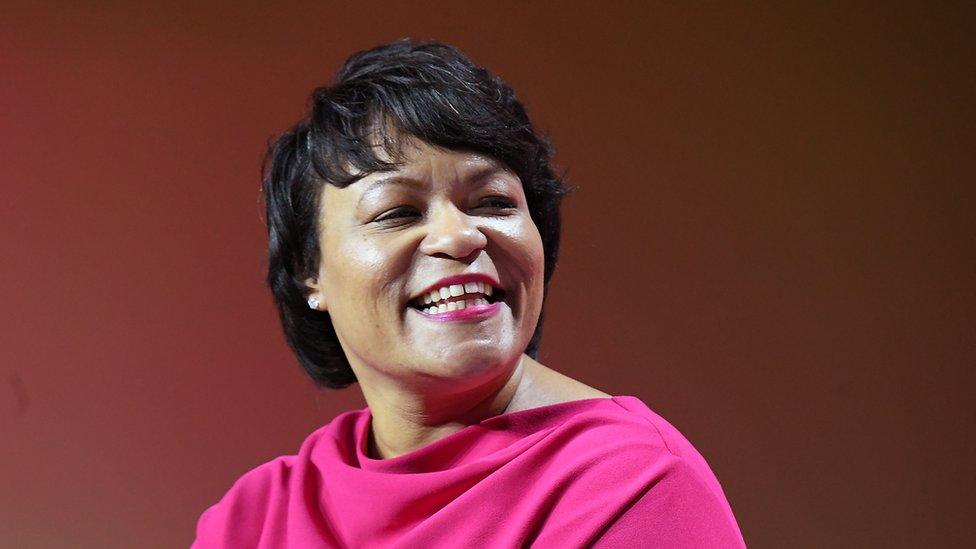
Mayor LaToya Cantrell has been working with the Italian-American community
The city of New Orleans has announced it will apologise for the lynching of 11 Italian-Americans in 1891.
Some of the victims had been accused of murdering a police chief, but were acquitted after a trial.
Angry about the verdict, a mob of racist vigilantes in the city attacked and publicly hanged them.
Mayor LaToya Cantrell is due to apologise for the killing - believed to be the largest recorded lynching in US history - on 12 April.
She will issue the apology at an Italian-American cultural centre in the city, a spokesman told the Associated Press news agency.
What happened in 1891?
Commissioner David Hennessy - a police chief in New Orleans - was ambushed and killed by four men near his home in October 1890. It is thought that with his dying words, he blamed the attack on Italian immigrants.
A large Italian community had moved to the city after the civil war and the abolition of slavery, to take up jobs that had formerly been done by slaves.
Following Hennessy's death, officials rounded up Italian immigrants - according to some reports, they apprehended thousands.
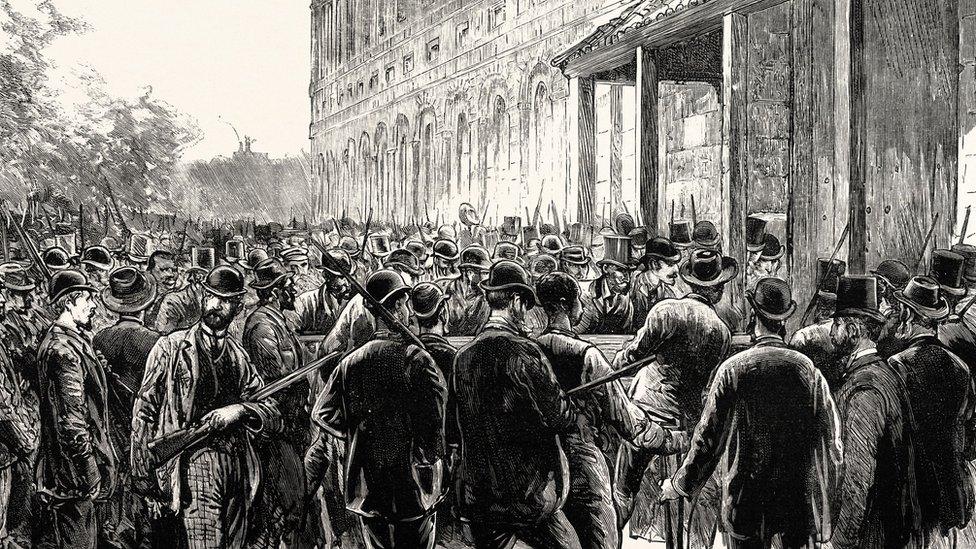
An illustration of the New Orleans lynching, showing the mob breaking into the prison in 1891
Nine men ended up going to trial in February and March the following year. Six of these men were acquitted, and the other three cases ended in a hung jury.
Then on 14 March, a large mob stormed the jail where the men were being held, dragged them out and killed them.
Why does this apology matter?
John Fratta, from the Order of the Sons of Italy, says the apology is about making people more aware of the episode - particularly because "they don't teach this in schools".
The Order of the Sons of Italy was the group that approached Mayor Cantrell's office about the apology.
"Nobody thinks of an Italian being lynched, when it was common practise back then," he told BBC News. "So [the apology] is more of an education, especially for younger Italian-Americans."
But, he says, it's "also to let these 11 souls rest in peace, knowing that they got the apology they deserved".
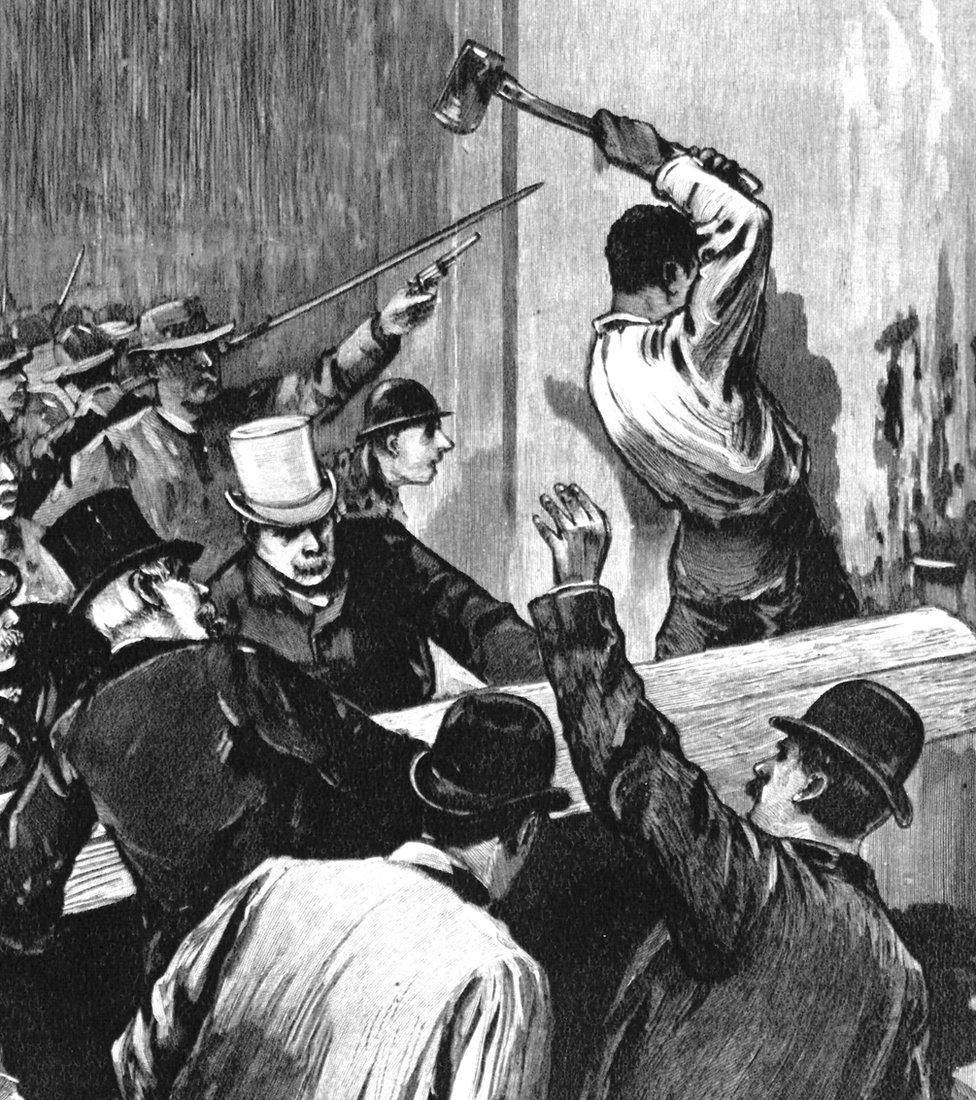
A drawing of vigilantes breaking down the prison door in New Orleans

Fred Gardaphe, an Italian-American Studies professor at City University of New York, agrees.
"When I teach this in class, the students are amazed - they've never heard of this," he told the BBC. "And sometimes they go home and tell their parents, and sometimes their parents even come to my class too."
Even he had not been taught about the New Orleans lynching at school. He only found out about it when he was in his 20s.
Prof Gardaphe adds that although it's the largest recorded lynching in the US, it may not actually be the biggest: "We don't know how many African-Americans or Native Americans, or Chinese people were lynched along the way because a lot of those never got recorded."
But learning about this crime is necessary, he says, to help Italian-Americans understand their community's "unprocessed traumas" - and to empathise with other groups' struggles as well.
"If you don't process those traumas, it leads people not to identify with other people who've gone through the same thing - you think, 'well, that's their story'."
- Published10 August 2018
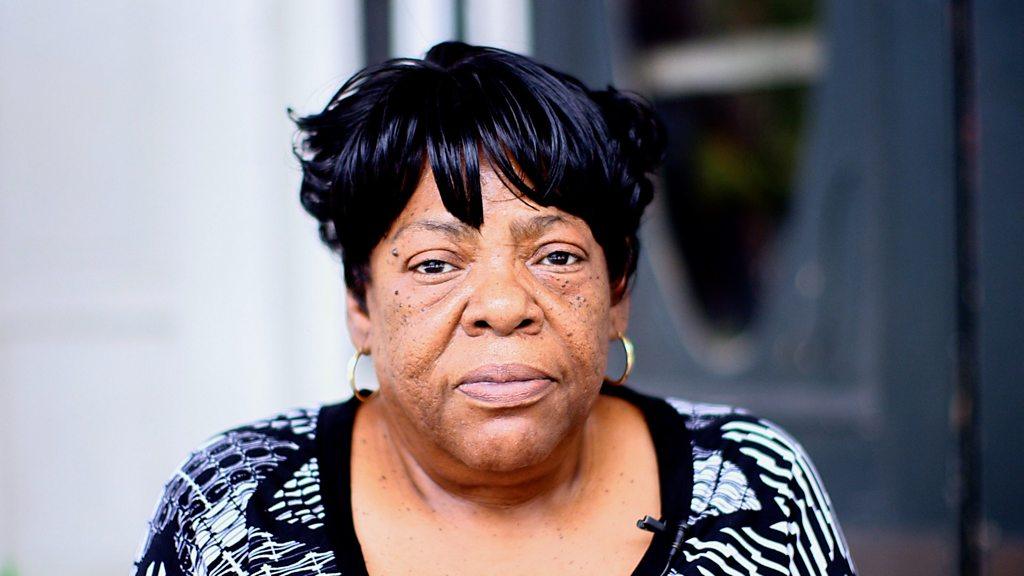
- Published30 June 2018
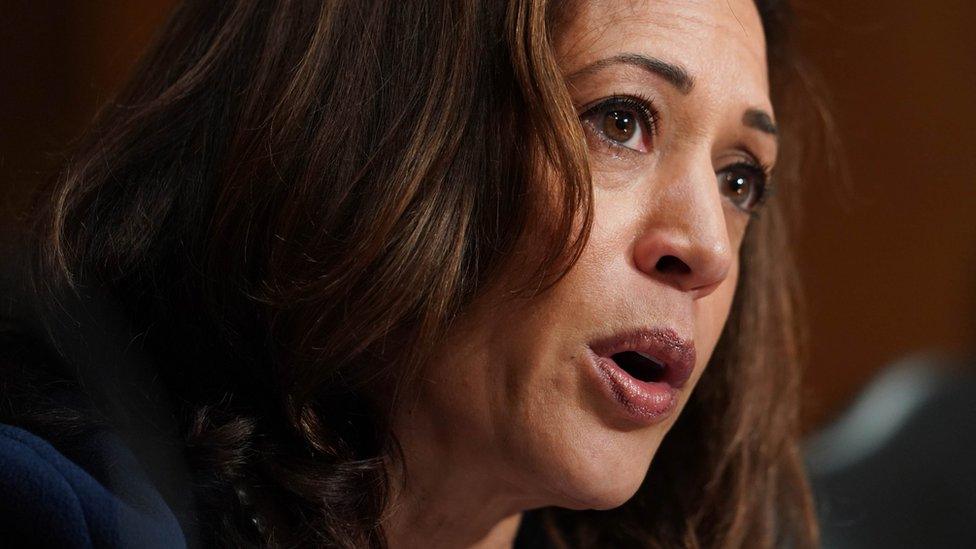
- Published19 February 2019
